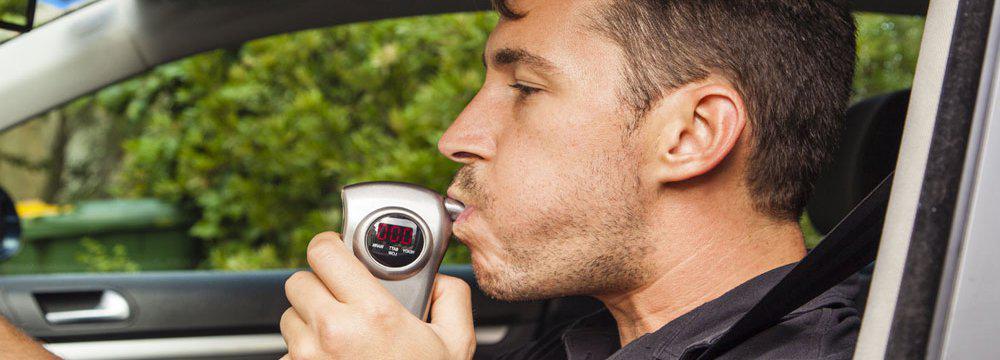

When you have been stopped for suspicion of driving under the influence (DUI), you may be asked to submit to field sobriety tests and/or chemical testing. Used to detect the presence of alcohol in a driver’s system, chemical testing may be done by analyzing a sample of blood, urine, or breath. The most common of such tests conducted roadside, obviously, is that of the breath, which utilizes a piece of equipment commonly referred to as a “breathalyzer.” Despite their commonplace use, however, the results of a breathalyzer test may not be as reliable as an arresting officer or prosecutor would have you believe. At the Davi Law Group, we are fully prepared to help you challenge breathalyzer results and avoid a conviction based on flawed information.
As most Illinois residents are aware, a driver with a blood alcohol content (BAC) of 0.08 percent or higher are assumed by law to be intoxicated. While conviction of DUI is possible with a lower measurement, especially for underage drivers, 0.08 is the standard most commonly used around the country. The most accurate way, although still not without some margin for error, to measure BAC is by means of a blood test, but during a DUI stop, such a test is not readily available.
In many cases, therefore, a law enforcement officer will turn to a breathalyzer, which analyzes the alcohol content of air blown into it. The amount of alcohol is translated into an estimate of the individual’s BAC using an automated calculation. A reading of 0.08 or higher typically provides probable cause for an arrest on suspicion of DUI.
Due to the fact that the breathalyzers are estimating BAC without actually testing the blood, an improperly performed test or one that has been contaminated may be extremely inaccurate. At the Davi Law Group, our attorneys recognize that your future should not be damaged by a test that was not conducted in compliance with appropriate standards. We will initiate a full investigation into the circumstances of your arrest, including the reliability of field sobriety tests and breathalyzer results. In many cases, the prosecution’s entire case may hinge on the breathalyzer’s readout showing you to be intoxicated.
Although still not 100 percent accurate, a breathalyzer test is most reliable if, and only if, the officer conducting the test follows certain procedures, including:
In addition to investigating the roadside administration of a breathalyzer test, we are also prepared to subpoena manufacturer and calibration records of the equipment in question. When you are charged with DUI, the truth matters, and if a breathalyzer test is not fully reliable, then its results should not be used against you.
If you are facing charges of drunk driving and would like to know more about challenging a breathalyzer test, contact our office. At the Davi Law Group, we are committed to helping your protect your rights in any type of legal matter. Financing options are available. Call 630-580-6373 to schedule a consultation today.
 A lawyer’s time and advice are his stock and trade.
A lawyer’s time and advice are his stock and trade.